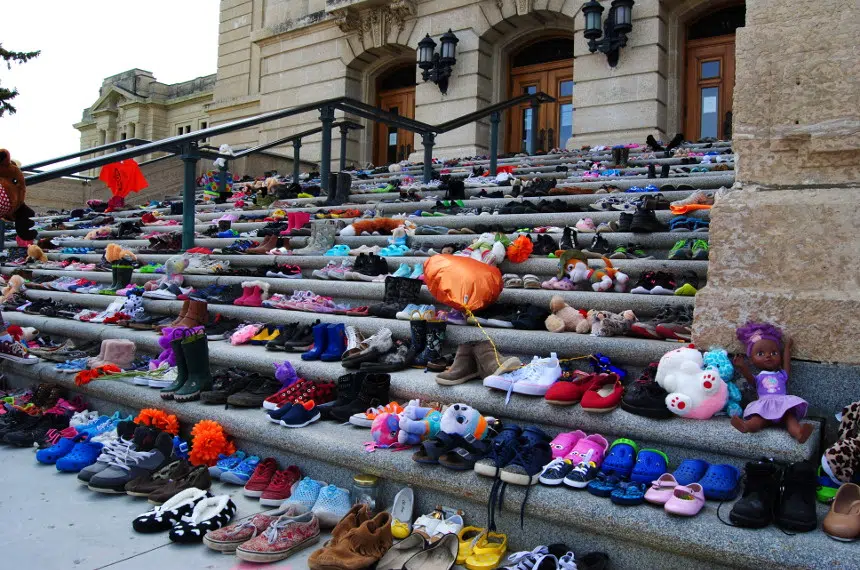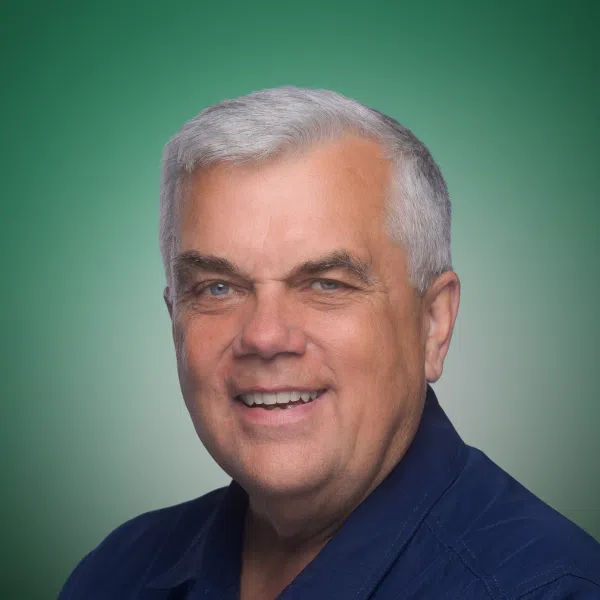The Archdiocese of Regina is apologizing for the past.
In a statement released on its website, the Archdiocese says its plans on providing more support to Indigenous communities.
“We know that we cannot hide the past and we cannot ask people who carry heavy burdens from the past to set those aside,” Archbishop Donald Bolen wrote. “We need to deal honestly with the past, to know as much as possible of what happened, to repent and ask forgiveness where appropriate, to walk together as much as we are able in the present, and to work together where possible in building a better future.
“We are profoundly sorry for the hurt that actions and decisions of our church in the past have caused to Indigenous Peoples and in ways that we presently re-traumatize by our actions and inactions.”
Bolen addressed the 38 unmarked graves that were found in 2018 near the Muskowekwan Indian Residential School, located northeast of Regina.
He says the church plans on aiding in the search for more unmarked graves in the province.
“Indigenous communities here in Saskatchewan are speaking about the importance of using the same ground-penetrating radar technology to search for unmarked graves on other sites of former residential schools,” Bolen wrote.
“The Archdiocese has a moral obligation to assist in that process, to support the Indigenous communities carrying out that work, and to walk alongside Indigenous brothers and sisters as we face anew the waves of suffering that were part of residential schools.
“In the coming days, we will seek out ways to enter into conversation with these communities while also continuing the dialogue that has already begun with others so that we can offer support and assistance in this work. We acknowledge and understand that the road ahead is long and that there is much work to be done.”
Bolen says the Archdiocese is in the process of consulting with Indigenous Elders and community leaders on how best to respond as a church.
It plans on having more information available soon on ways that it can take concrete steps as a church towards healing and reconciliation with Indigenous communities throughout the province.
“It is ever important to walk together in a spirit of humility and repentance and to honestly acknowledge the ways that we have caused deep pain to Indigenous communities,” Bolen said.
“As an Archdiocese, we invited Indigenous Elders and leaders to join us in establishing an Archdiocesan Truth and Reconciliation body. Since 2017 that group has helped us to identify what work can be done in parishes and schools, in formation, and in the joint pursuit of justice, and we have engaged in that work.
“We will continue these conversations in the coming days. A key part of what lies ahead will be working together in the field of education, so that more and more people will come to know the history of Indigenous Peoples, the wisdom of their traditions and ways, the suffering they endured, the legacy of colonization in today’s society, and ways of constructively walking together today.”











